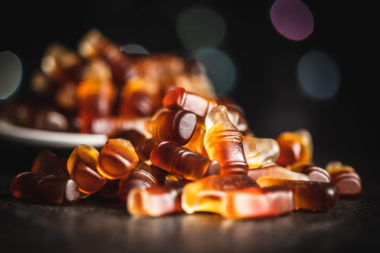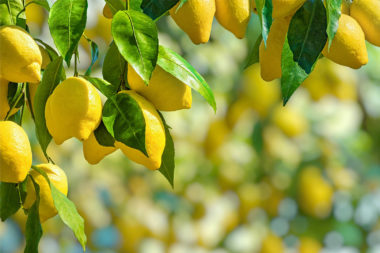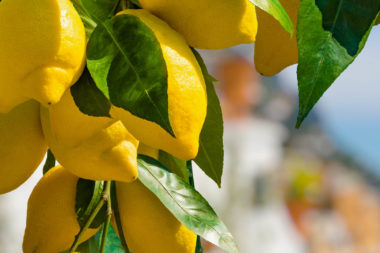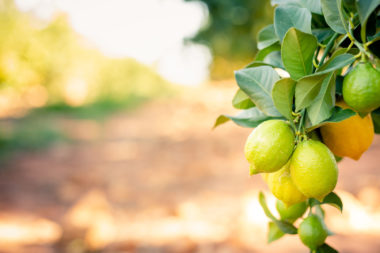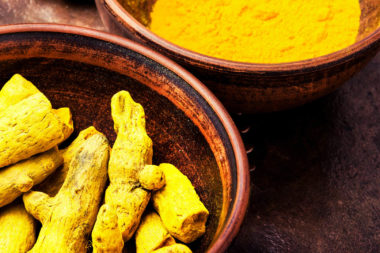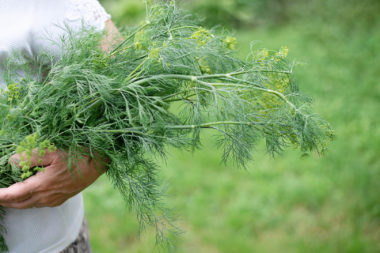

Resveratrol
Briefly about resveratrol
- Resveratrol is a powerful antioxidant that helps to strengthen the immune system and protect the body’s cells from premature aging.
- It can also improve collagen production and bone density, which can help alleviate menopausal symptoms.
- Additionally, resveratrol has antiviral and anticancer properties.
Learn more about resveratrol
Resveratrol is a plant polyphenol and potent antioxidant, which is naturally found in many colorful plants, such as lingonberries and red grapes. It also belongs to a group of plants called phytoestrogens, which are plants that contain estrogen-like substances. These phytoestrogens have estrogen-like effects in the body and can therefore positively affect women in menopause and reduce menopausal symptoms.
Resveratrol is also believed to extend life and contribute to slower aging by reducing the amount of free radicals.
What is resveratrol good for?
Resveratrol is an antioxidant that has a significant effect against free radicals and slows down the aging of cells.
- It protects against oxidative stress and strengthens the body’s immune system, helping to protect against viruses and infections.
- Inflammation is countered and it stimulates cells to undergo autophagy, which means that old damaged proteins and organelles in the cells are removed.
- Stimulates the formation of new cells
- Improves blood sugar levels
- Reduces harmful cholesterol levels
- Lowers blood pressure
- Protects against cardiovascular diseases, stroke, and more, by improving the elasticity of blood vessels, stimulating nitric oxide production, and thus improving tissue circulation.
- It also positively affects the brain and nervous system, improving memory and overall mental health.
- Improves muscle strength and makes you stronger
- Protects against cancer
- Increases collagen and production of other components in the fascia, which provides better flow and a stronger and better-functioning fascia.
- Increases bone density and reduces the risk of osteoporosis
- May contribute to reducing the risk of menopausal symptoms such as incontinence and hot flashes.
What can a lack of resveratrol mean?
The body does not produce resveratrol on its own. We get it through fruits and vegetables with strong colors. There are no minimum intake levels for resveratrol, and it is not something we must consume. However, since it has many health benefits, it is advantageous to consume resveratrol daily to increase overall well-being and to live a long and healthy life.
How do we get resveratrol in our body?
Resveratrol is naturally found in many colorful plants and berries, such as red grapes (especially in the skin, which is why red wine contains resveratrol), lingonberries, pomegranates, cocoa, soybeans, green tea, Japanese knotweed, and more.
It can be difficult to consume larger amounts of resveratrol through natural sources, which is why a supplement can provide significant health benefits, especially for older individuals and women around and after menopause. However, in capsule form, resveratrol typically has poor bioavailability, so it’s recommended to choose liposomal resveratrol and let it sit under the tongue for a while to increase absorption through the mucous membrane. Liposomal means that resveratrol is transported with the help of small fat droplets, liposomes, which provide more efficient absorption.



